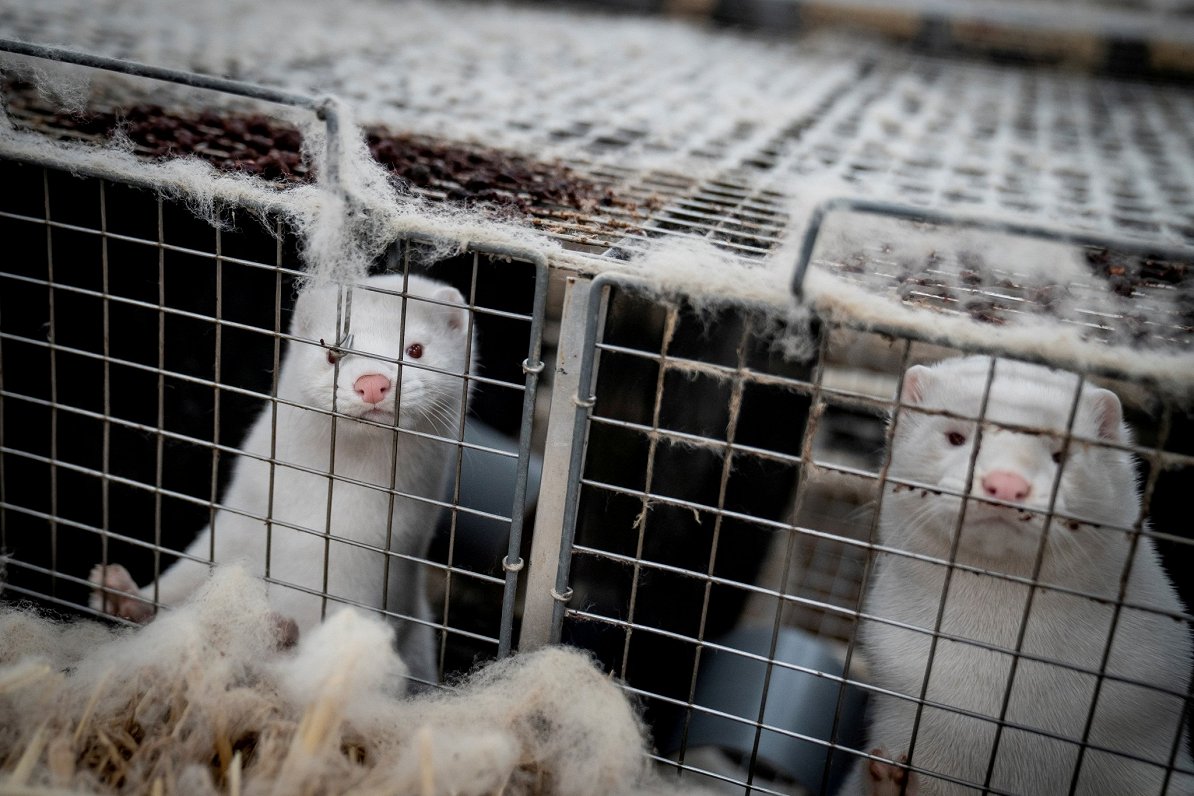Protecting animals as sensitive beings from unnecessary suffering is the value of a democratic society, the ST said, noting that modern society has an ethical and moral duty to ensure the welfare and protection of animals.
The application to the Constitutional Court, challenging amendments to the law adopted in the Saeima in 2022, was submitted by capital companies that grow and hold mink and foxes for fur production. The contested amendments to the Law provide that, from January 1, 2028, the rearing and keeping of livestock is prohibited if the sole or principal purpose of breeding or keeping is the production of fur.
ST concluded that the contested norms restrict the right to property included in the Constitution for applicants.
At the same time, ST said that this restriction is intended to protect the morals of society, the welfare of society, as well as the rights of others.
ST said that every animal is a value in itself and the public has an ethical and moral duty to ensure the welfare and protection of the animals. No one is allowed to inflict pain, distress or otherwise harm on an animal with no reason. The contested provisions protect public morals in such a way as to prohibit the infliction of suffering on animals the sole or principal purpose of breeding and keeping of which is the production of fur. This ban reflects how public attitudes towards animals have changed. What was once considered morally acceptable may no longer be the case after some time. In modern society, animals are perceived not only as objects of property but as sensitive beings. The rearing and keeping of animals, if their sole or principal purpose is the production of fur, is therefore unethical and inconsistent with the values of modern society.
ST emphasized in the present case that the public interest in the moral and ethically correct treatment of animals is more significant than the rights and interests of individual merchants.
ST also stated that the restriction of fundamental rights will benefit society as a whole, as the ban in question will protect both people from diseases transmitted by animals and consumers and fur farmers from diseases caused by chemicals treating fur. Moreover, the contested provisions will prohibit commercial activities that harm the environment and, consequently, infringe on the right of others to live in a favorable environment.




























